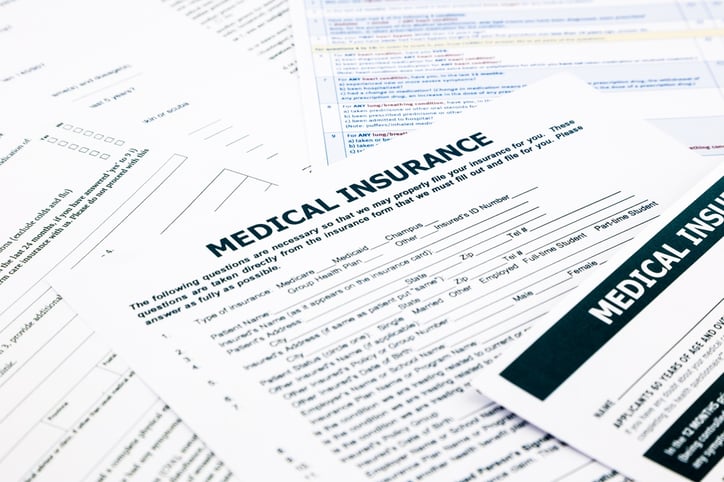
Thanks to public awareness campaigns, many people today are careful with their personal identity information. They are cautious about to whom and when they give out sensitive details like their addresses, dates of birth, and full legal names.
However, you may not be aware of the dangers posed by medical tax fraud. You can protect yourself from this relatively new but entirely detrimental crime by learning what it is and what measures to take to safeguard your medical and healthcare information.
What is Medical Tax Fraud?
Medical tax fraud is a form of personal identity theft that involves the misuse of your healthcare information. Thieves utilize details like your name, Social Security number, medical insurance account number, and others to:- pay for medical treatments
- cover surgery expenses
- pay for prescriptions
- quality for better insurance in the Healthcare Marketplace
- submit fraudulent claims in your name to Medicare
Regardless, you should still understand how thieves typically obtain people's medical information without their knowledge. Many scam artists get these details from medical records that have not been properly secured or carelessly discarded. They also get it from billing records, third-party healthcare sources, and unsecured websites into which you have unwittingly entered this information.
Because of the damage that medical tax fraud can inflict on your personal life, it is critical that you recognize its crimes. You can then take proactive measures to safeguard your medical information and alert the proper authorities to the fraud being committed in your name.
Warning Signs of Medical Tax Fraud
You can determine if you are the victim of medical tax fraud by being on the lookout for several tell-tale signs of this tax crime. Some of the most significant red flags of medical tax fraud include:- receiving bills from hospitals that you did not check into or at which you received services
- bills for medical procedures you did not undergo
- calls from debt collectors about expenses for medical services you did not receive
- being denied insurance because of reaching benefit limitations when you in fact did not use the insurance at all
- being denied medical insurance coverage for health conditions you do not have
Preventing Medical Tax Fraud
Just as you take extra care to protect your personal identity information, so should you use the same caution when dealing with your personal medical information. You may prevent yourself from being a victim of this serious crime by:- not carrying your Social Security card in your wallet or purse
- not giving out your Social Security number, insurance account number, or other sensitive details over the phone, by email, or text message
- never giving out your personal medical or identity information in public
- never sharing PINs, passwords, or usernames with others
- keeping PINs, passwords, and username information in a safe and secure place
- shredding old or unused medical documents immediately
- using firewalls, antivirus and anti-spyware programs, and security patch updates on your computer and mobile devices
These preventative measures can keep your sensitive medical information protected against theft and out of the hands of people who will purposely misuse it.
Medical tax fraud is one of the newest forms of identity theft that continues to wreak havoc for millions of consumers. This crime leaves behind long-lasting devastation that can be difficult to remedy. You can protect yourself from it by using common sense measures when handling your own medical tax information.




